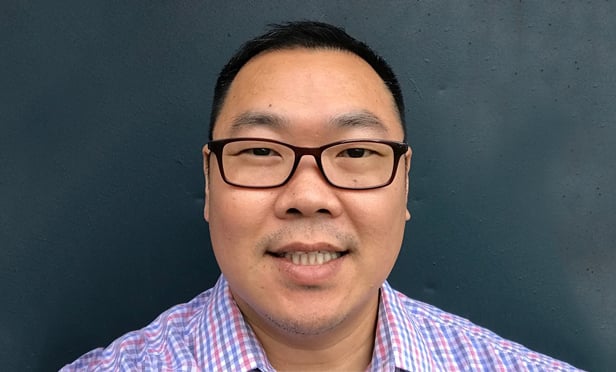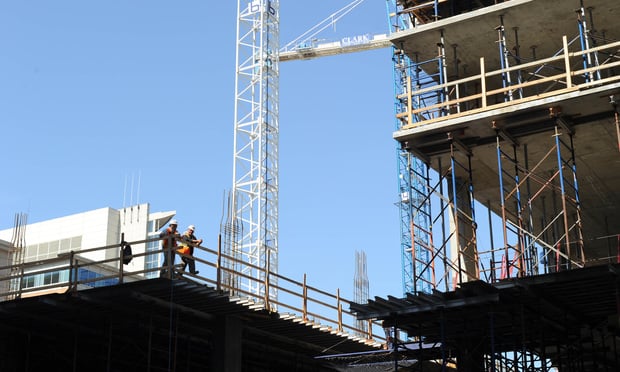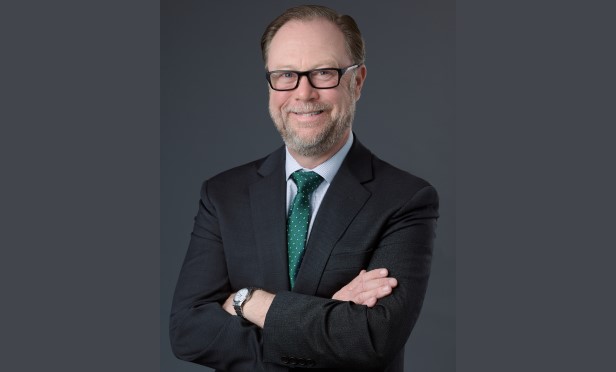SAN FRANCISCO—The recent California BuildingIndustry Association vs. Bay Area AirQuality Management District ruling, which has beencommonly referred to as the "ReverseCEQA" case, confirms a fundamental limitation onthe reach and scope of CEQA analysis and mitigation requirements,based on the plain language and basic thrust of the statute, butdevelopers shouldn't get too comfortable, ArthurCoon, shareholder and co-chair of MillerStarr Regalia's land-use practice group, tellsGlobeSt.com. Since the case's decision had been long awaited, wespoke to several experts about its implications. Here, Coon givesus his opinion on the key takeaways of the Court's opinion and whatit means for developers goingforward.
GlobeSt.com: What is the key takeawayfrom the Court's opinion in this case?
Coon: There is ageneral rule that CEQA only requires a project developer to analyzeand mitigate for adverse environmental changes that the proposedproject itself will cause—whether these are new adverse effects orcontributions to existing adverse environmental conditions thatcause them to be worse than they already are. CEQA does not operate"in reverse." It requires analysis of a project's impacts on theenvironment, not the existing environment's impact on a project,i.e., its future residents and users.
Continue Reading for Free
Register and gain access to:
- Breaking commercial real estate news and analysis, on-site and via our newsletters and custom alerts
- Educational webcasts, white papers, and ebooks from industry thought leaders
- Critical coverage of the property casualty insurance and financial advisory markets on our other ALM sites, PropertyCasualty360 and ThinkAdvisor
*May exclude premium content
Already have an account?
Sign In Now
© 2024 ALM Global, LLC, All Rights Reserved. Request academic re-use from www.copyright.com. All other uses, submit a request to [email protected]. For more information visit Asset & Logo Licensing.








